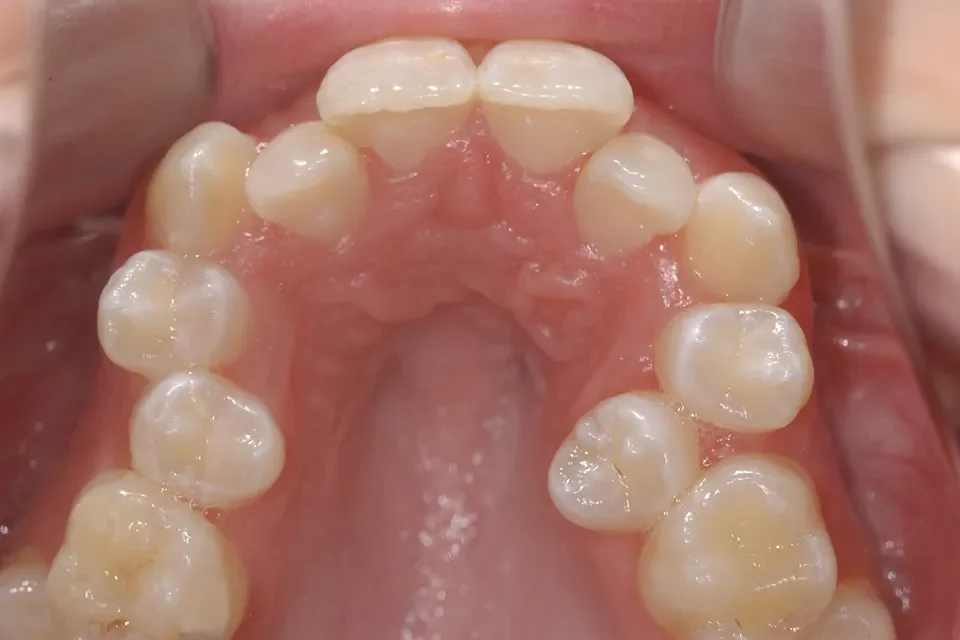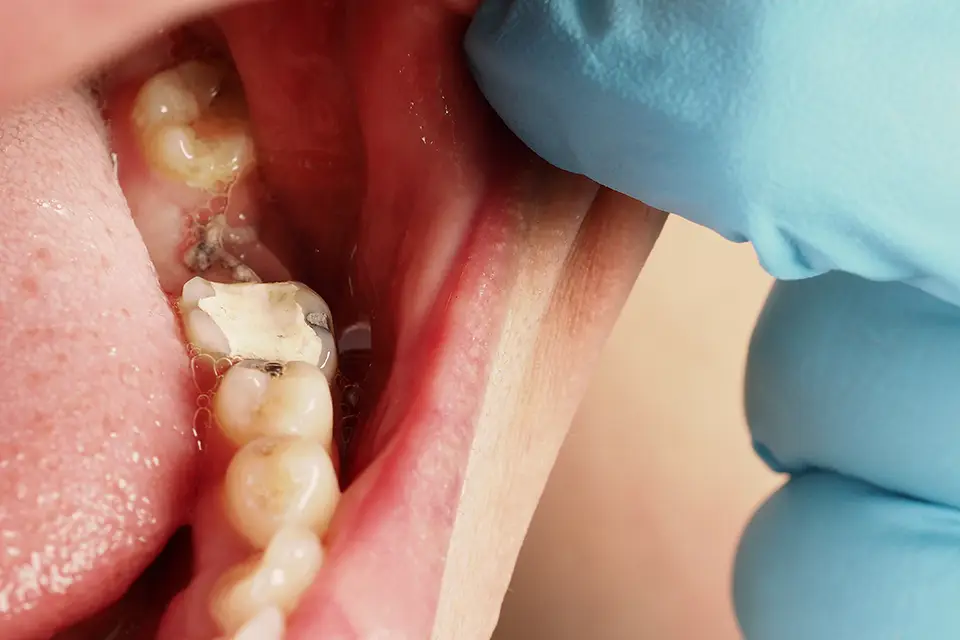Maintaining good oral health is essential to overall health, and dental extractions may be necessary to achieve this goal. SunShine Dentistry in Richmond Hill, Ontario, believes in providing our patients comprehensive guidance on various dental procedures. This blog post will examine dental extractions and discuss when and why they are necessary.
Overview of Dental Extractions
Dental extractions, or tooth removal, are the meticulous and controlled removal of a tooth from its socket in the jawbone. While dentists aim to save natural teeth whenever possible, certain situations may necessitate extraction to avoid further issues.
Common Scenarios Requiring Tooth Removal
Severe Tooth Decay
One of the most common reasons for dental extractions is extensive tooth decay that has damaged the tooth’s structural integrity. When decay has reached the point where it cannot be effectively treated with restorative procedures such as dental fillings or crowns, extraction may be the only viable choice to avoid the spread of infection.
Periodontal Disease
Untreated gum disease can destroy the supporting structures around the tooth, including the bone. In cases where periodontal disease has progressed to an advanced stage, extraction may be necessary to maintain oral health and prevent the infection from spreading to neighbouring teeth.
Impacted Wisdom Teeth
Wisdom teeth, known as third molars, typically appear in late adolescence or early adulthood. Due to the limited space in the jaw, these teeth may become impacted, resulting in pain, swelling, and potential teeth damage to neighbouring teeth. A common preventive measure against complications is the extraction of impacted wisdom teeth.
Orthodontic Treatment
In some situations, dental extractions may be required for orthodontic treatment. Removing a tooth might create the space needed to properly align the remaining teeth, allowing for more successful orthodontic correction.

The Importance of Dental Extractions
Prevention of Infections
Removing a severely decayed or infected tooth aids in the prevention of bacteria spreading to other parts of the mouth, lowering the risk of secondary infections.
Alleviation of Pain and Discomfort
Dental extractions can alleviate pain and discomfort caused by conditions such as impacted wisdom teeth or severe tooth decay, enhancing the patient’s overall quality of life.
Preservation of Overall Oral Health
Dental extractions contribute to overall oral health maintenance by promptly and effectively addressing issues, thereby preventing the progression of problems that may affect adjacent teeth and supporting structures.
SunShine Dentistry: Nurturing Smiles, Preserving Health
SunShine Dentistry understands that deciding to have a dental extraction can be difficult, and our committed team is here to help you every step. While we always strive to preserve your natural teeth, extractions can be critical in maintaining oral health. We attempt to ease discomfort, prevent further complications, and keep the harmony of your smile by addressing issues such as severe decay or impacted wisdom teeth as soon as possible.
Since we value patient education, we will fully inform you about the reasons for any recommended treatment, including dental extractions. We recognize that dental procedures can be intimidating. Therefore, we make every effort to make our patients feel at ease. If you have any questions or concerns about dental extractions or other dental procedures, our team is here to help. Your dental health journey is a partnership, and at SunShine Dentistry in Richmond Hill, Ontario, we’re here to ensure your smile stays bright and healthy for years to come. Call us today!



